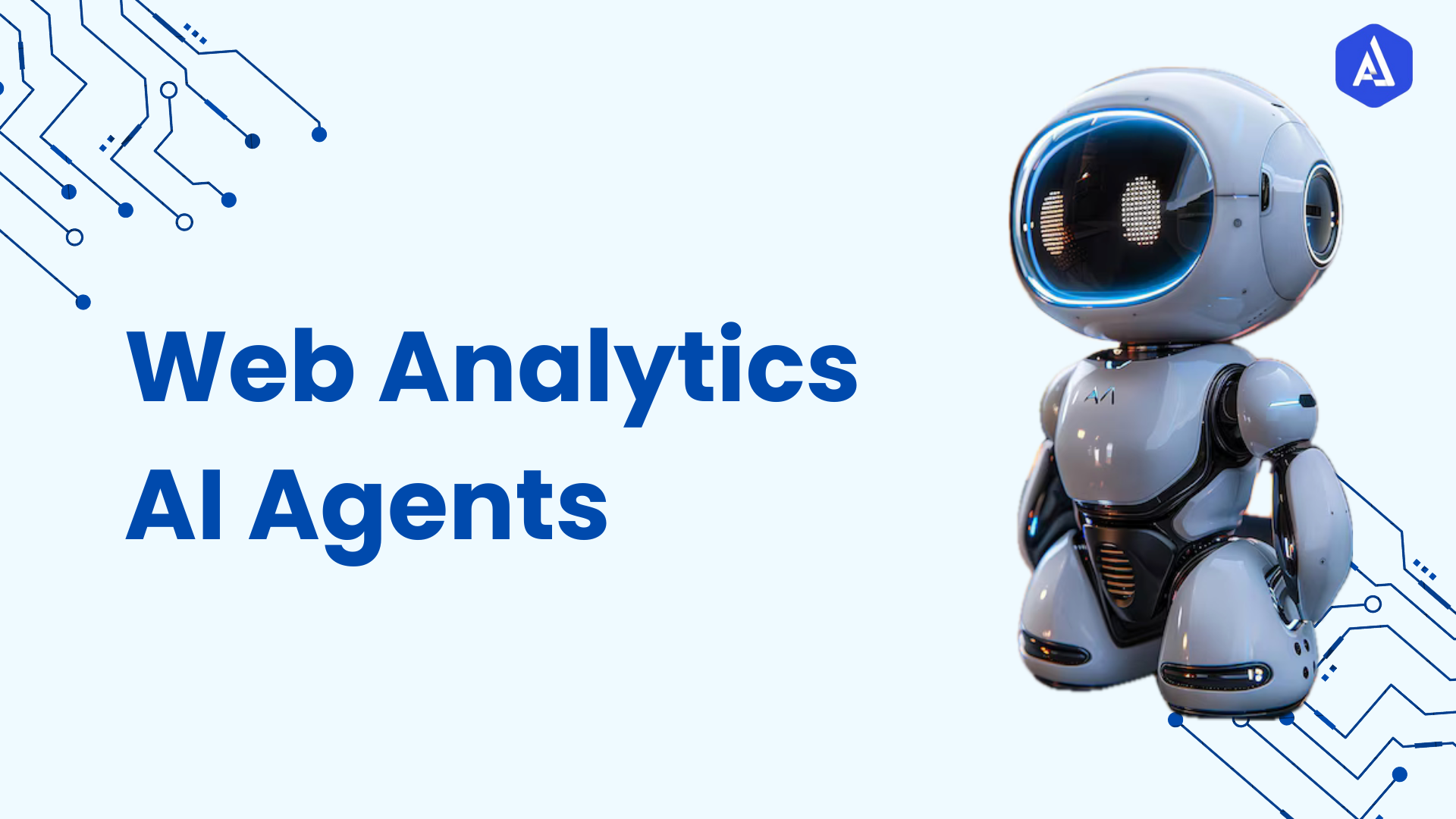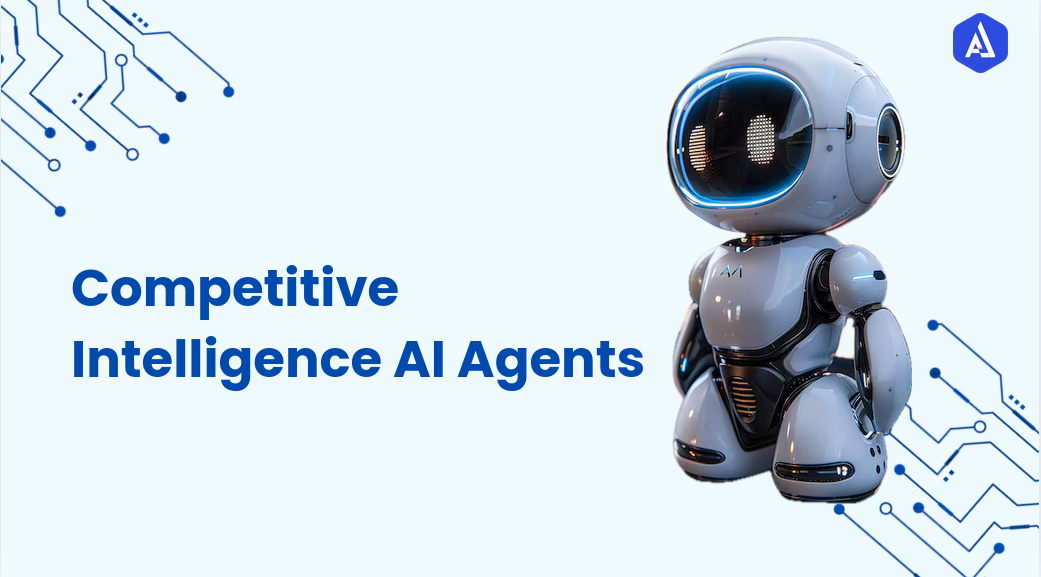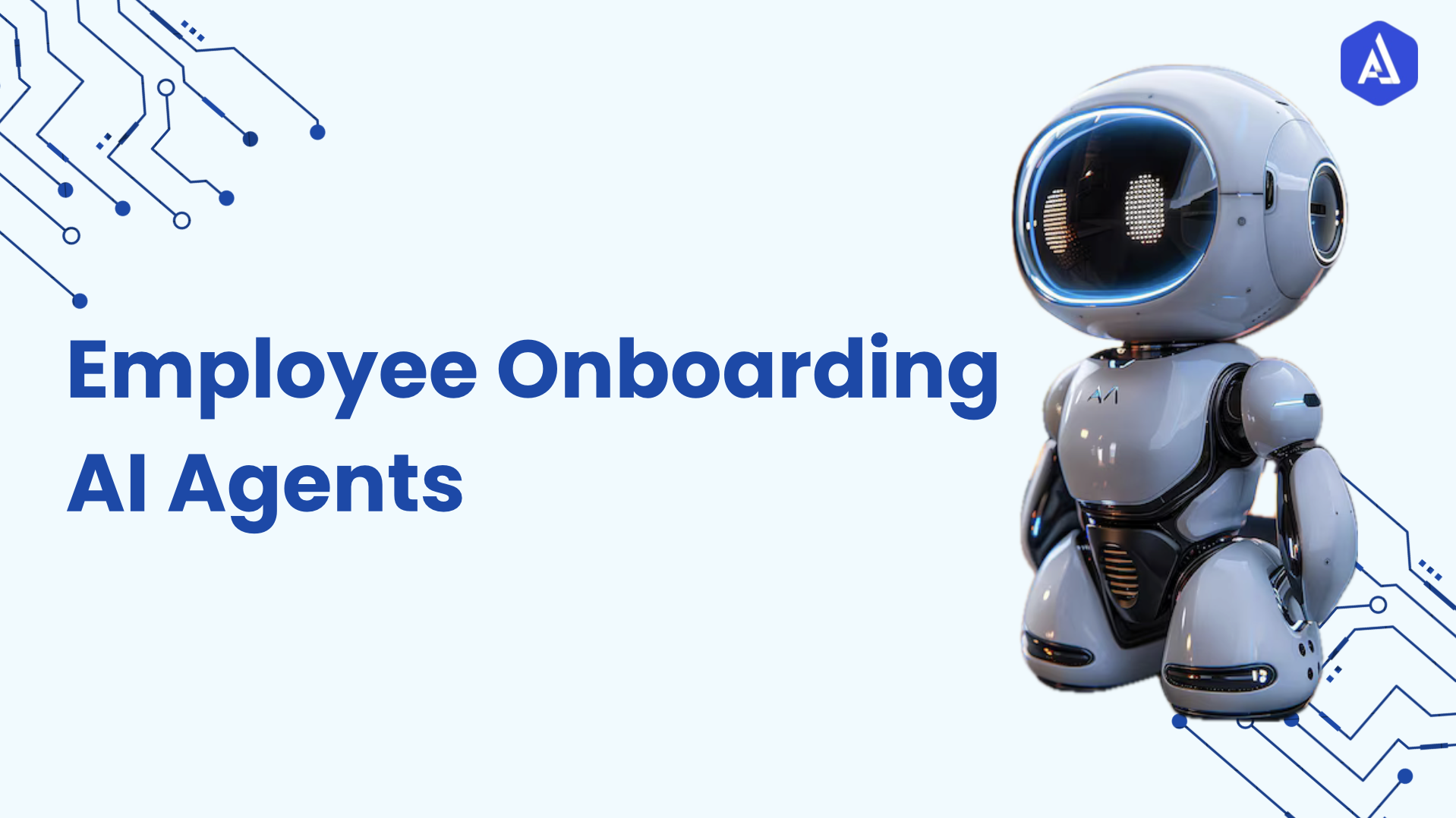Predicting the value of a customer over their lifetime is a crucial aspect of strategic decision-making for businesses across industries. By leveraging AI-powered agents for Customer Lifetime Value (CLV) prediction, businesses can make smarter, data-driven decisions that enhance customer acquisition, retention, and overall profitability. This article outlines how our team has developed a powerful AI agent for CLV prediction, improving efficiency, decision-making, and customer insights.
About the Process
To enhance efficiency and effectiveness in predicting Customer Lifetime Value (CLV), it is crucial to understand the existing processes that businesses currently use. Below is a brief overview of the traditional CLV prediction process and how AI agents can improve each step.
Existing Process
-
Data Gathering: Collecting data on customer behavior, sales history, and market trends is often done manually, leading to inaccuracies and time consumption.
-
Demand Forecasting: Historical sales data is analyzed using basic statistical techniques, which may not accurately reflect changing consumer preferences or emerging trends.
-
Customer Segmentation: Customers are segmented based on limited criteria, which may overlook the complexities of customer behavior.
-
Resource Allocation: Marketing resources are allocated based on outdated data, leading to inefficient targeting of customer groups.
-
Performance Analysis: Companies review performance metrics post-implementation, identifying issues but lacking agility for timely adjustments.
Synergy with AI Agents
Integrating AI agents into the CLV prediction process can significantly enhance each step:
-
Automated Data Gathering: AI agents collect and process data from multiple sources in real-time, ensuring accuracy and reducing manual effort.
-
Advanced Demand Forecasting: Machine learning algorithms analyze complex datasets for more accurate demand predictions.
-
Enhanced Customer Segmentation: AI agents identify nuanced customer segments, allowing for precise targeting of high-value customers.
-
Optimized Resource Allocation: Real-time insights enable more effective resource allocation based on current customer behaviors.
-
Proactive Performance Insights: Continuous monitoring provides actionable insights, allowing businesses to adjust strategies in real-time.
By leveraging Customer Lifetime Value Prediction AI Agents, organizations can transform their CLV prediction processes into proactive strategies that optimize customer engagement and drive long-term success.
About the Agent
Our AI agent for CLV prediction is a sophisticated tool designed to help businesses make more informed decisions based on predictive insights. The agent is built on machine learning algorithms that analyze past customer interactions, including purchase history, engagement with campaigns, and demographic information, to forecast their future behavior and value.
The key features of our AI agent include:
-
Predictive Analytics: The agent uses historical data to generate forecasts of future customer behaviors and value. It doesn’t just predict purchases; it also evaluates the potential for customer advocacy, referrals, and brand loyalty.
-
Real-time Updates: Our agent continuously refines its predictions as new customer data becomes available. This ensures that businesses have the most up-to-date insights at all times.
-
Dynamic Segmentation: Instead of static customer categories, the agent dynamically segments customers based on predicted future value, allowing for more personalized and targeted marketing strategies.
-
Actionable Insights: Beyond predictions, the AI agent provides actionable recommendations for sales and marketing teams, enabling them to focus on high-value customers or mitigate churn risks.
This AI-driven approach replaces traditional, more static methods of CLV prediction, allowing businesses to gain deeper insights into customer behavior and optimize their resource allocation accordingly.
Benefits and Values
Integrating an AI agent into the CLV prediction process brings several tangible benefits to businesses:
-
Improved Accuracy: With its ability to process vast amounts of data and continuously refine predictions, the AI agent provides highly accurate and reliable CLV forecasts. This accuracy enhances decision-making across departments.
-
Increased Efficiency: The automation of the prediction process means that businesses can save time and resources, reducing the need for manual data analysis and complex regression models. Marketing teams can now focus on high-value prospects instead of spending time on guesswork.
-
Reduced Costs: By prioritizing high-value customers and eliminating wasteful spending on low-potential leads, businesses can significantly reduce marketing and sales costs. Additionally, the real-time nature of the AI agent means that businesses can act quickly to prevent customer churn or seize new opportunities.
-
Enhanced Customer Experience: With a better understanding of individual customer needs, businesses can personalize their offerings, creating more relevant and engaging experiences that foster customer loyalty and satisfaction.
-
Scalable Decision-Making: As customer data grows, traditional methods often struggle to keep up. Our AI agent scales effortlessly, processing increasingly larger datasets without sacrificing speed or accuracy.
In essence, the AI agent makes customer data not only more accessible but also more actionable, turning complex datasets into clear, targeted strategies that drive business growth.
Use Cases
AI-driven CLV prediction agents are applicable in a variety of business contexts. Below are a few scenarios where our agent shines:
-
Customer Segmentation for Targeted Marketing: Businesses can use the AI agent to segment customers based on predicted future value. For instance, high-potential customers can be given priority in marketing campaigns, while lower-value customers might receive more general promotions. This ensures that marketing efforts are more effective and cost-efficient.
-
Churn Prevention: By analyzing behavioral patterns and identifying early signs of churn, the AI agent can trigger proactive retention strategies. Personalized emails, special offers, or customer service outreach can be automated to retain high-value customers at risk of leaving.
-
Upselling and Cross-selling: The AI agent can identify customers who are likely to respond positively to additional products or services, helping businesses to maximize revenue through upselling or cross-selling. By predicting which customers are most likely to make additional purchases, businesses can tailor their sales efforts accordingly.
-
Customer Support Optimization: By predicting which customers are likely to require more support, businesses can allocate resources more effectively. The AI agent can also identify customers who might need personalized attention to maintain satisfaction and loyalty.
-
Pricing Strategy: The AI agent can suggest pricing adjustments based on the predicted lifetime value of customers. This helps businesses to implement dynamic pricing models that maximize profitability while ensuring customer satisfaction.
Considerations
While the integration of AI agents offers numerous advantages, it also comes with technical and operational considerations that must be addressed for successful implementation:
-
Data Quality: The effectiveness of the AI agent is dependent on the quality and completeness of the data it analyzes. Inaccurate, outdated, or fragmented data can lead to inaccurate predictions. Companies need to ensure that their data is clean, comprehensive, and integrated from multiple sources.
-
Model Complexity: AI agents use machine learning algorithms, which can be complex. Choosing the right model for the business’s needs, whether it’s regression models, neural networks, or decision trees, requires expertise in data science and machine learning.
-
Integration with Existing Systems: Integrating the AI agent with existing CRM platforms, marketing automation tools, and other business systems can be challenging. Ensuring smooth data flow across these systems is essential for real-time updates and accurate predictions.
-
Change Management: Employees need to be trained and comfortable with the AI-driven process. It’s important that they understand how to interpret and act on AI-generated insights, rather than treating them as a black-box solution.
-
Privacy and Compliance: With data privacy regulations such as GDPR and CCPA, businesses must ensure that the AI agent handles customer data responsibly. Ensuring that the AI respects privacy norms and security protocols is paramount for avoiding legal issues.
Usability of Customer Lifetime Value Prediction AI Agents
To effectively utilize Customer Lifetime Value (CLV) Prediction AI Agents, follow this brief guide:
-
Open the AI Agent: Launch the CLV Prediction AI Agent from your application or platform.
-
Access the Dashboard: Navigate to the main dashboard to view key metrics and insights related to customer lifetime value.
-
Integrate Data Sources: Connect the agent to relevant data sources, including CRM systems, transaction histories, and customer interactions for comprehensive analysis.
-
Initiate Data Analysis: Use the agent to analyze historical customer data and predict future CLV by identifying patterns and behaviors.
-
Receive Insights: The AI agent will provide actionable insights on high-value customers, helping you tailor marketing strategies and retention efforts.
-
Generate Reports: Access automated reports summarizing CLV predictions and trends, making it easy to share findings with stakeholders.
-
Adjust Strategies: Utilize insights from the AI to refine marketing campaigns and customer engagement strategies based on predicted CLV.
By following these steps, users can maximize the effectiveness of Customer Lifetime Value Prediction AI Agents, enhancing decision-making and driving long-term business growth through data-driven insights.
Talk about the Future
The future of AI-powered CLV prediction is incredibly exciting. As AI technology continues to evolve, we expect even more sophisticated and accurate models to emerge. These future models will incorporate not just historical customer data but also predictive insights from a wider array of external sources, such as social sentiment analysis, macroeconomic trends, and even real-time competitor activity.
Soon, AI agents might also become more integrated with other business functions. For instance, customer service teams could receive AI-driven insights about which customers require proactive outreach based on their predicted lifetime value, while product teams could leverage these insights to develop features that cater to the needs of high-value segments.
Furthermore, as AI models continue to learn and adapt, they will become even more accurate and personalized, offering businesses a continuously evolving roadmap to foster long-term customer relationships.
Ultimately, businesses that embrace AI for CLV prediction now will have a significant competitive advantage. As AI agents become even more advanced, their ability to predict, analyze, and optimize customer relationships will be a key factor in the success of customer-centric organizations.


